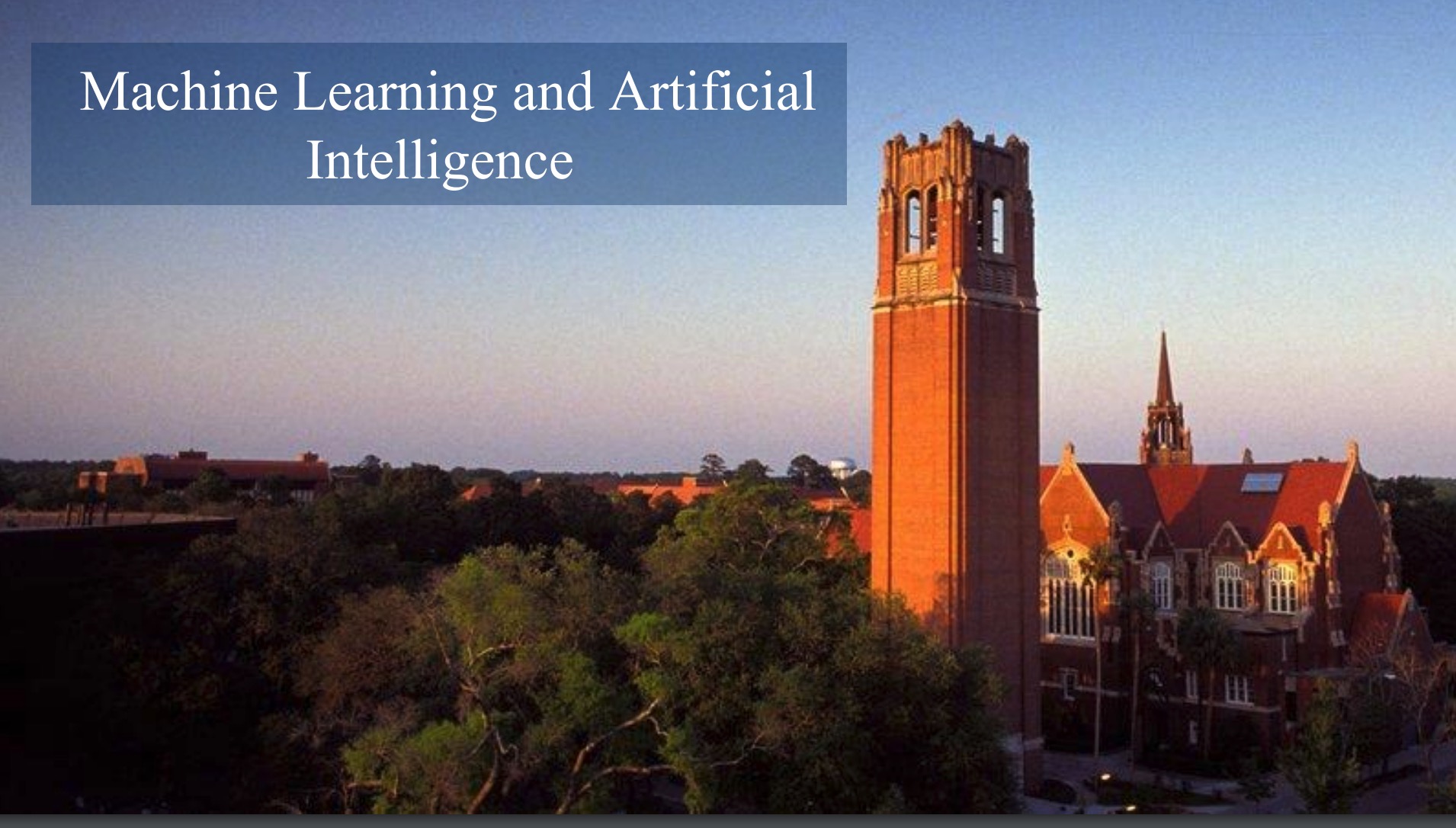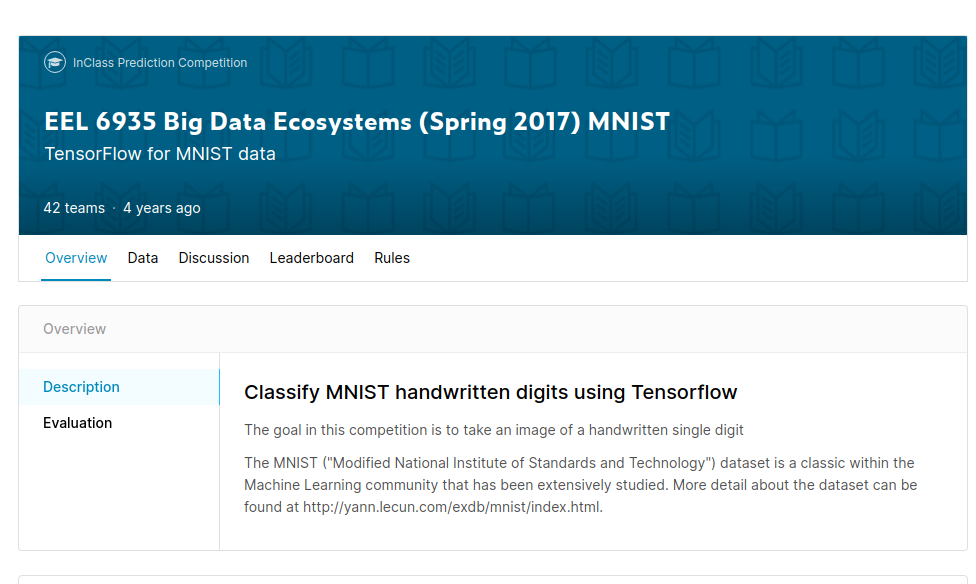Teaching
-
 2024, Spring
2024, Spring
Deep Learning for Computer Vision
COMP 5970/6970
Course Webpage Abstract
One first step towards developing Artificial intelligence (AI)-powered machines is to efficiently and effectively process sensory data and abstract them with symbolic or numerical descriptions, thereby generalizing their concepts and benefiting higher-level perception and decision-making tasks. Deep learning, a subset of machine learning, has emerged as a powerful approach to achieving this goal, particularly in the domain of computer vision, and it has led to human-level performance in various visual recognition tasks. This course is designed to provide a broad introduction of deep learning techniques and their application to computer vision problems. Students will explore cutting-edge deep neural networks and learn how to leverage them to analyze, interpret, and understand visual data. The topics includes:
-
 2018, Summer
2018, Summer
Introduction to Machine Learning
Instructor for Student Science Training Program (SSTP)
A summer course we designed for high-school students, UFL campus
Course Webpage Abstract
This course will introduce students to the exciting and rapidly evolving field of artificial intelligence and machine learning. Upon completion of this course, students will understand key concepts that are fundamental to machine learning and deep learning in particular. The course will involve lectures and short programming assignments on the fundamentals of data management, classification, regression, and neural networks. Applications of deep learning to self-driving cars, medical imaging, and more will also be presented. Students will be asked to read and present a research paper as the final project.
-
 2017, Spring
2017, Spring
EEL 6935 Big Data Ecosystems
Teaching Assistant
Course Webpage Abstract
Big data features high volume, high velocity, and high variety. The tremendous big data generated from natural systems, engineered systems, and human activities require new capabilities in algorithms and systems to explore insights and make decisions. To address the challenges of big data, this course covers the full spectrum of big data ecosystems: algorithms, systems, and big data analytics at scale. It consists of an overview of representative data mining, statistics, and machine learning algorithms (particularly deep learning), a thorough coverage of big data analytics software stack and underlying large-scale systems, and a holistic methodology on the design of big data ecosystems. Real-world case studies will be explored in science, engineering, business, and health.